About
The Fellows
Rowana Ahmed
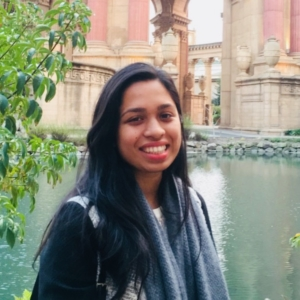
Rowana Ahmed is a Master’s student in the Health Data Science program at Harvard University. She earned her BSE. and MSE in Bioengineering from the University of Pennsylvania. Prior to starting her graduate program at Harvard, Rowana worked as a Technology Consultant at Accenture and later as an Analytics Manager at Humanyze, a people analytics startup dedicated to improving organizational health using social network analysis. Rowana’s research focus is in social determinants of health, and she is particularly interested in harnessing the power of data science to design public policy aimed at improving health equity. She is excited to work with the DSSG team this summer to help curb gerrymandering practices for more just and fairer elections.
Katherine Chang
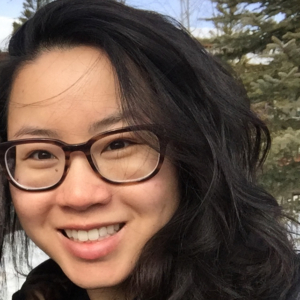
Katherine Chang is a Ph.D. candidate in Education Policy, Organizations, and Leadership at the College of Education, University of Washington and an MPA student in Social Policy at the Evans School of Public Policy and Governance. Katherine’s research agenda is composed of three strands of inquiry: the politics of education reform, the politics of race in education policymaking, and cross-systems interactions between social and education policy. Her dissertation examines the political institutions engaged in court-mandated school finance reform and interrogates the racialized geographies tied to educational funding gaps. Katherine primarily uses quantitative and computational social science methods in her research, with particular interest in social network analysis and text-as-data methods. Katherine’s graduate studies are part of her continued journey to train in equitable data practices and responsible, justice-centered research. Her work at DSSG seeks to realize data-driven solutions for mediating social inequities and to promote ambitions towards research rooted in social good.
Ryan Goehrung
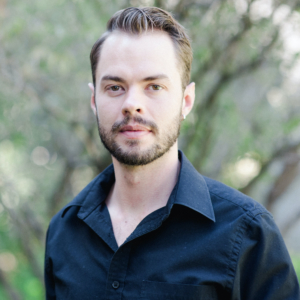
Ryan Goehrung is originally from Montana, but his work in the international development sector has taken him to the Philippines, India, Honduras, Taiwan and Rwanda where he has worked on coastal environmental conservation, economic empowerment, global health, and anti-human trafficking initiatives. He is currently a Ph.D. Candidate at the University of Washington in Political Science. His dissertation focuses on women’s political representation in Southeast Asia, and he maintains a passion for research that bridges the gap between academia and development. These interests immediately drew him to the DSSG program, which he views as a perfect combination of social science work with a social justice impact. When not reading or writing about politics, he loves exploring the Pacific Northwest outdoors whenever possible with his fiancé, Emily, and his dog, Mooshie, including hiking, camping, rock climbing, and snowboarding.
Michael Souffrant
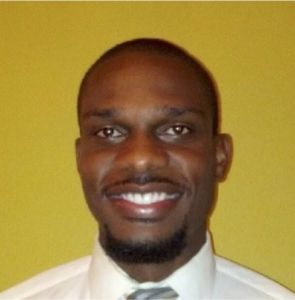
Michael Gregory Souffrant is a Ph.D. candidate in Computational Biophysical Chemistry at Georgia State University. His research is based on molecular dynamics (MD) and analyzing computer simulations of biomolecular structures. He is currently probing the impact of mutations on HIV in resisting drug inhibition. Michael is interested in learning more data visualization and machine learning techniques at the Data Science for Social Good internship. He is excited about the program’s collaborative opportunities and his contribution in using computational approaches to resolve political issues. He was the president of the Chemistry Graduation Student Association and hosted/organized the Chemistry Research Symposium. He taught environmental and physical sciences to K-12 students as a fellow of the Bio-Bus program. He enjoys working out, social dancing and playing basketball. Michael currently lives in Atlanta, Georgia.
Project Lead
Daryl DeFord
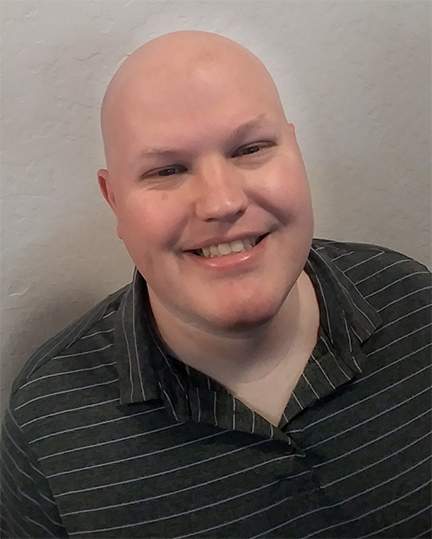
Daryl DeFord is an assistant professor in the Department of Mathematics and Statistics at Washington State University. His research program focuses on applying algebraic and combinatorial methods to the analysis of social data with an emphasis on applications of discrete sampling techniques to political redistricting and social network models. Prior to joining the faculty at WSU, he completed a postdoctoral position at MIT in the Geometric Data Processing Group while collaborating with the Metric Geometry and Gerrymandering Group on mathematical modeling of political geography and developing open-source software for detecting and combating gerrymandering. Dr. DeFord completed his Ph.D. at Dartmouth College with a thesis evaluating dynamical models for complex networks. The Data Science for Social Good program provides an amazing opportunity to collaborate with a diverse and interdisciplinary team of researchers and he is looking forward to working with them on problems with immediate relevance to current redistricting efforts.
Data Scientists
Bernease Herman
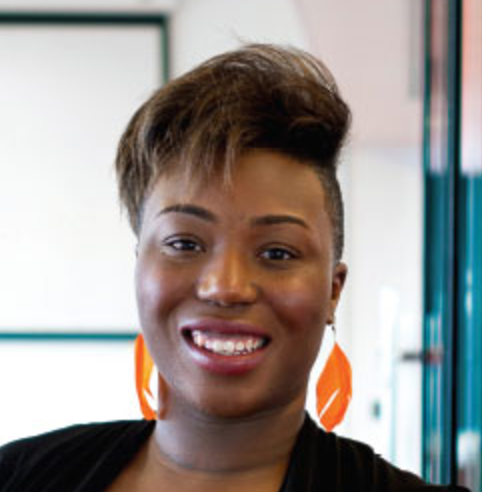
Bernease Herman is a data scientist at the University of Washington eScience Institute. Her research focuses on evaluation metrics and interpretable machine learning through the use of synthetic data and other generative techniques. She’s worked on various data science problems from data collection and analysis strategies in autonomous marine vehicles to predicting inequity in Seattle urban data. Bernease is also employed at WhyLabs, an AI observability and monitoring startup, building model and data monitoring tools using approximate statistics techniques. This summer will mark Bernease’s fifth UW Data Science for Social Good program. She is excited to apply her interests in model evaluation, data generation, and societal impact to the important issue of redistricting.
Vaughn Iverson
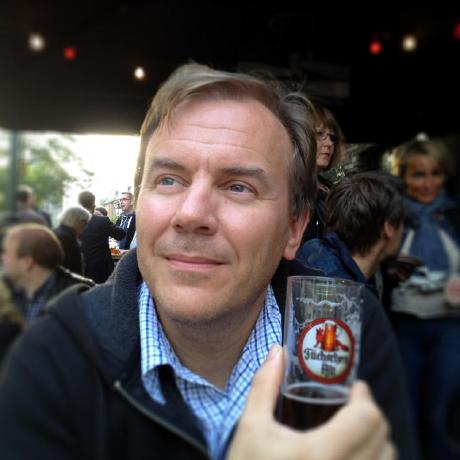
Vaughn Iverson is a Senior Research Scientist with the Center for Environmental Genomics in the UW School of Oceanography, where his research involves developing biological sensing methods capable of inferring the behaviors and interactions within natural microbial communities by identifying and quantifying genes and proteins used by specific members of the community (metagenomics and metatranscriptomics). Vaughn joined the eScience Institute in January of 2016 and contributes expertise in development of high performance parallel software, web technologies, noSQL databases, and data compression and visualization techniques. Vaughn is the author and maintainer of several popular open source packages and is an active contributor to many others.
Vaughn earned his PhD in Biological Oceanography from the University of Washington in 2015, and also holds a MS in Computer Science from the University of Washington, Seattle and a BS in Computer Science and Chemistry from Washington State University, Pullman. Prior to commencing his PhD work, Vaughn spent over a decade in the computer industry working for Intel Corp as a Staff Research Scientist developing video compression, internet media streaming and content distribution technologies, for which he was awarded twenty US patents.
Vaughn looks forward to participating in the DSSG program each summer. Collaborating with the fellows, project leads and UW colleagues on challenging and impactful projects, and having a lot of fun while doing it, is a uniquely enjoyable and rewarding benefit of being affiliated with the UW eScience community.
Acknowledgements
The fellows would like to thank the University of Washington eScience Institute – the technical and personal support offered by its amazing staff throughout the summer was invaluable. Special thanks to Anissa Tanweer for organizing and leading the DSSG Summer Fellowship Program, to Vaughn Iverson for his guidance and insights that continually helped to make the project and its outputs better, as well as to Bernease Herman for her generosity in always being ready to offer technical support and impromptu trainings as needed. We would also like to thank Noah Benson for his assistance and his continuous availability to offer suggestions and directions with the project. Finally, we would like to thank our project lead, Daryl Deford, whose leadership and expertise on the subject of computational redistricting was crucial to our success. We also thank Micron for their sponsorship of the DSSG program.